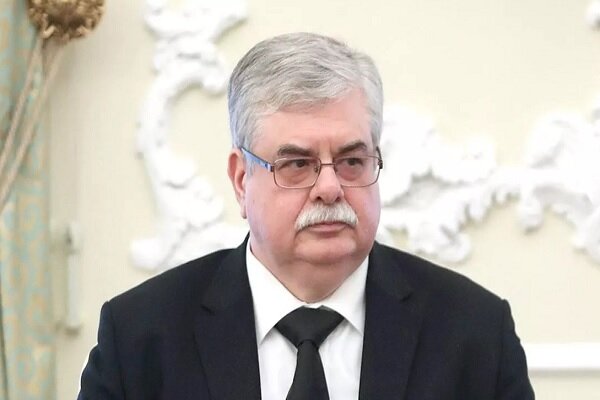
Similar Posts
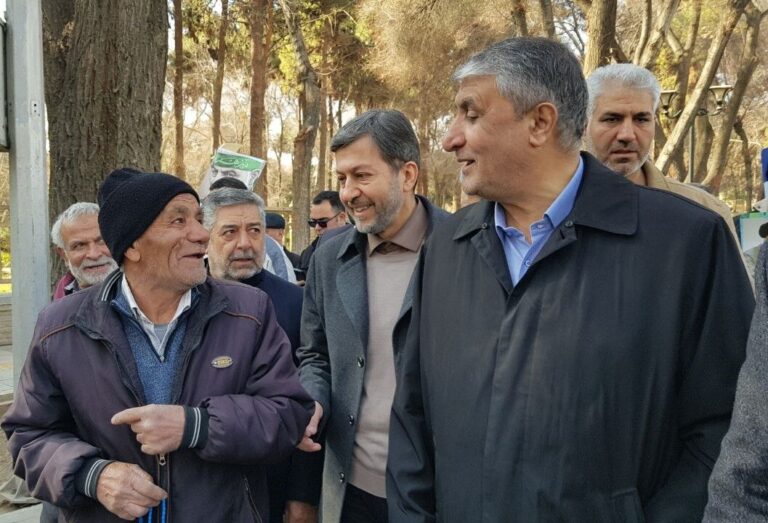
AEOI Chief Unveils How Trump’s Maximum Pressure Strategy Exposes Enemies’ True Agenda Against Iran
Mohammad Eslami, head of Iran’s Atomic Energy Organization, addressed the challenges posed by former President Trump’s new memorandum to reinstate his “maximum pressure” campaign on Iran. Speaking at a rally in Isfahan for the 46th anniversary of the Islamic Revolution, Eslami praised the Iranian people’s commitment to freedom and dignity, asserting their resilience against global powers seeking to undermine their progress. He noted that the enthusiastic participation in nationwide rallies sends a strong message of national unity against external pressures. Eslami emphasized that despite difficulties, the Iranian nation continues to strive for development and remains steadfast in its principles.
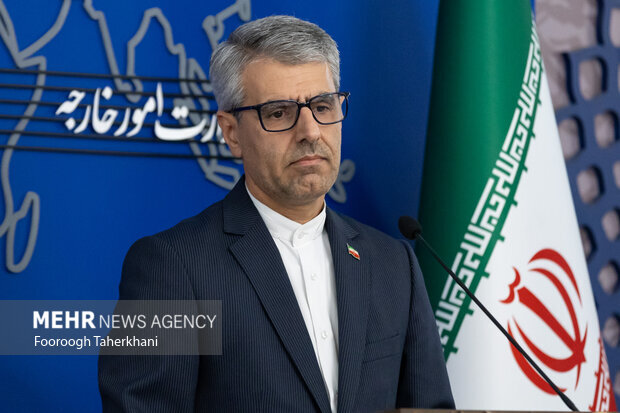
Unlocking the Terms: What ‘Threat’, ‘International Peace’, and ‘Security’ Really Mean
Iranian Foreign Ministry Spokesman Esmail Baghaei recently addressed escalating tensions with the European Union over human rights and nuclear energy issues. In response to EU foreign policy chief Kaja Kallas’s comments, Baghaei condemned the EU’s accusations, emphasizing that the real threat to global peace is Israel’s nuclear arsenal and its actions in Gaza. He rejected claims of Iran’s involvement in the Ukraine crisis and criticized the EU’s support for Ukraine’s NATO membership. Baghaei also highlighted the EU’s failure to uphold the 2015 nuclear agreement and called for diplomatic resolutions, asserting that blame-shifting will not resolve ongoing disputes.
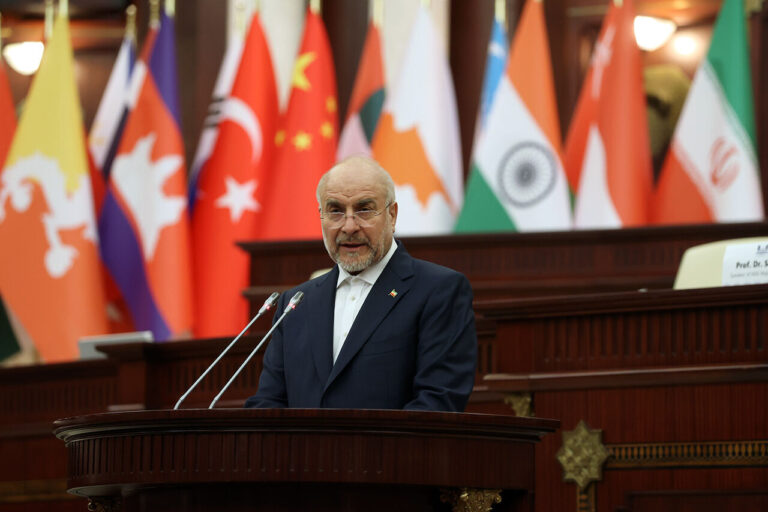
Iran Condemns Forced Relocation Plans: A Strong Stand for Palestinian Rights
Iran’s Parliament Speaker, Mohammad Bagher Ghalibaf, condemned any plans to displace Palestinians during the 15th plenary session of the Asian Parliamentary Assembly in Baku. He criticized U.S. President Donald Trump’s comments on Gaza, labeling them as baseless and part of America’s colonial ambitions. Ghalibaf described Trump’s “peace plan” as a modern apartheid system that undermines Palestinian identity and self-determination. He stressed that the future of Palestine should be determined by its people, urging nations and organizations to oppose oppressive policies and support Palestinian rights. His address emphasized the importance of international solidarity in this matter.
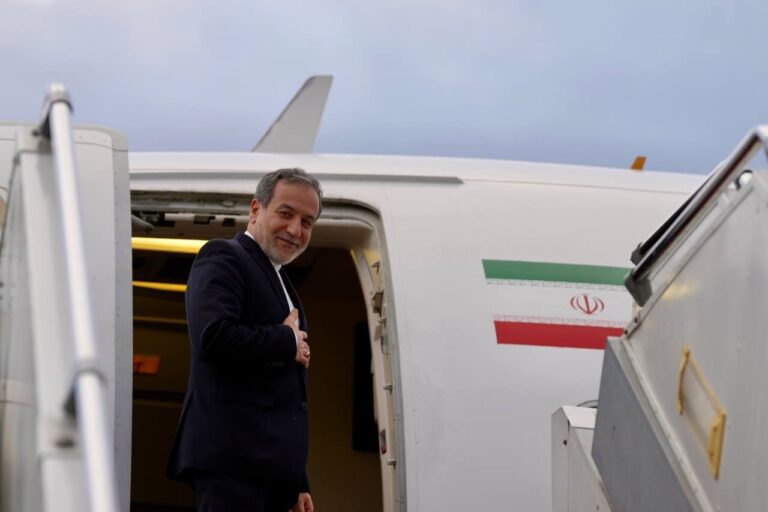
Foreign Minister Joins Human Rights Council Session in Geneva: A Focus on Global Advocacy
Iran’s Foreign Minister Abbas Araqchi will represent the country at the 58th session of the Human Rights Council in Geneva, starting Monday and continuing until April 4. His journey began in Beirut, where he attended the funeral of prominent Hezbollah leaders. The session will address critical human rights issues, and Araqchi is expected to deliver a significant speech, participate in the 2025 Conference on Disarmament, engage with other foreign ministers, and meet with UN Secretary-General António Guterres. His presence is important for Iran’s diplomatic efforts and its commitment to international human rights standards.
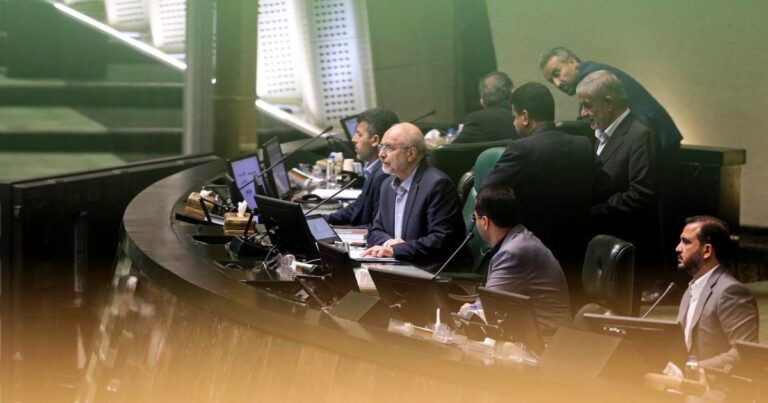
Tehran’s Red Lines Take Center Stage in Parliament’s Secret Session on US Negotiations
Iran’s parliament held a closed-door session to discuss nuclear enrichment, sanctions, and foreign oversight amid ongoing negotiations with the US. Spokesperson Abbas Goudarzi emphasized Iran’s commitment to peaceful domestic enrichment and its core demands: removal of sanctions, unfreezing of assets, and restoring banking ties. He clarified that discussions are strictly nuclear and reject inspections outside the International Atomic Energy Agency’s purview. Parliament Speaker Mohammad Bagher Ghalibaf dismissed Israeli Prime Minister Netanyahu’s comments as attempts to influence negotiations and warned against any US military action, stating Iran would respond decisively. The parliament remains steadfast in supporting Iran’s nuclear program amidst complex diplomacy.
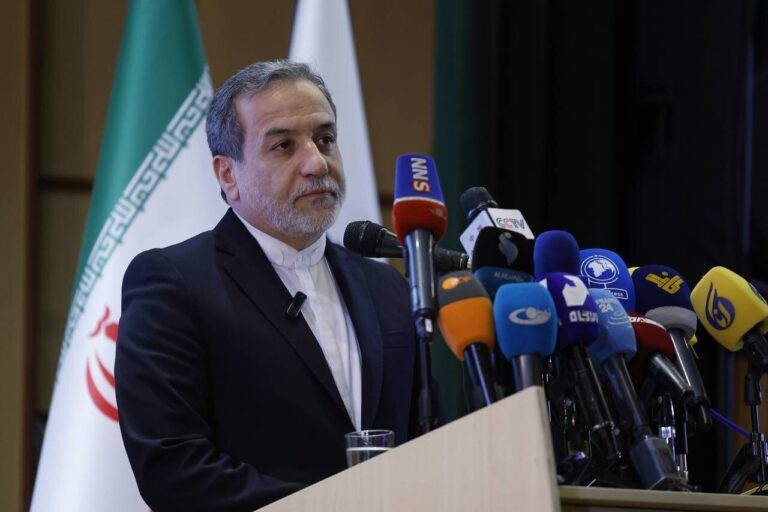
Iran’s Foreign Minister Praises Leader’s Strategic Approach to Negotiations
During a rally for the 46th anniversary of Iran’s Islamic Revolution, Deputy Foreign Minister Abbas Araghchi rejected negotiations with the United States, particularly under Donald Trump, emphasizing Iran’s commitment to independence and sovereignty. He criticized the US for failing to honor agreements, notably its withdrawal from the 2015 nuclear deal, and stated that negotiating under pressure would imply surrender. Araghchi highlighted Iran’s resolve against foreign intervention and praised recent remarks by the country’s leader on the matter. He also linked the anniversary to the Palestinian struggle, condemning US policies in the region and reaffirming Iran’s support for Gaza’s resistance.